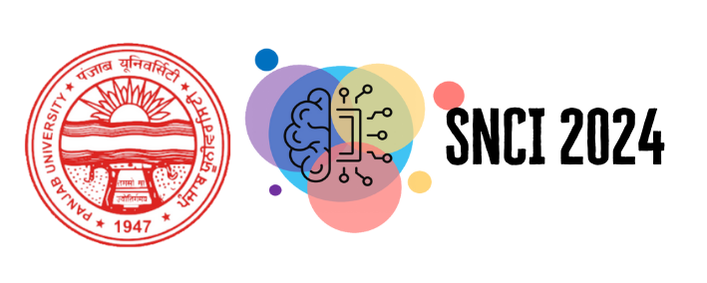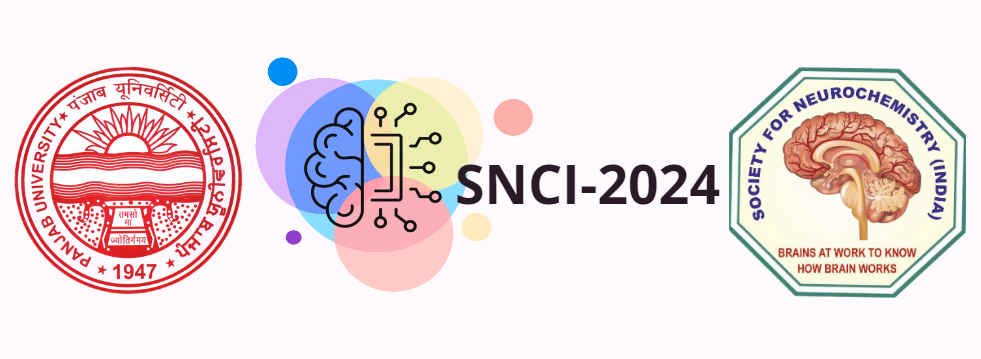Beyond the Headlines Significant us news, Worldwide Developments, and Impacts on Daily Life.
- Beyond the Headlines: Significant us news, Worldwide Developments, and Impacts on Daily Life.
- The Shifting Landscape of Global Politics
- The Impact of Technological Advancements on International Relations
- Economic Trends and Their Global Consequences
- The Rise of Sustainable Investment
- The Evolving Dynamics of Public Health
- The Intersection of Public Health and Climate Change
- Technological Innovations and Societal Challenges
Beyond the Headlines: Significant us news, Worldwide Developments, and Impacts on Daily Life.
In today’s rapidly evolving world, staying informed about current events is more crucial than ever. The flow of information is constant, and understanding the complexities of domestic and international affairs requires diligent effort. Access to reliable and objective reporting – what many refer to as ‘news’ – empowers individuals to make informed decisions, participate actively in civic life, and navigate the challenges of a globalized society. This article delves into significant developments, offering insights into their origins, impacts, and potential future trajectories.
The Shifting Landscape of Global Politics
Geopolitical tensions continue to shape the international arena, with numerous conflicts and power struggles vying for dominance. The rise of new economic powers and the re-emergence of established ones are redefining global alliances and trade relationships. These shifts create both opportunities and risks, demanding careful diplomacy and strategic foresight. The interconnectedness of nations means that events in one corner of the world can have ripple effects across the globe, impacting economies, security, and the environment.
The role of international organizations, such as the United Nations, is increasingly vital in addressing these complex challenges. However, their effectiveness is often hampered by political divisions and a lack of consensus among member states. Finding common ground and fostering cooperation are essential for tackling transnational issues like climate change, terrorism, and pandemics, which require collective action.
The Impact of Technological Advancements on International Relations
Technology plays a pivotal role in the reshaping of global dynamics. The pervasive reach of social media and the proliferation of digital platforms have transformed the way information is disseminated and consumed. While these advancements offer greater access to information and facilitate communication, they also present new challenges, including the spread of misinformation, cyber warfare, and the erosion of privacy. Maintaining a balance between innovation and security is critical in the digital age.
Artificial intelligence (AI) is another transformative technology poised to disrupt international relations. AI-powered systems have the potential to enhance military capabilities, automate economic processes, and improve healthcare services. However, they also raise ethical concerns about bias, accountability, and the potential for autonomous weapons systems. International cooperation is needed to establish norms and regulations governing the development and deployment of AI in a responsible manner.
The speed at which information travels also creates complexities. Nations must now contend with real-time coverage of events, demanding swift responses and a strategic understanding of public opinion. The ability to counter disinformation and establish trust in credible sources of information becomes paramount.
Economic Trends and Their Global Consequences
Global economic trends are profoundly impacting the lives of individuals and communities worldwide. Fluctuations in financial markets, shifts in energy prices, and disruptions to supply chains can have far-reaching consequences. The COVID-19 pandemic exposed the vulnerabilities of the global economy and accelerated existing trends, such as the rise of e-commerce and the increasing importance of supply chain resilience. Understanding these trends and adapting to changing circumstances are crucial for businesses, governments, and individuals.
The growing gap between the rich and the poor is a persistent challenge. Income inequality can lead to social unrest and political instability, hindering economic growth and development. Addressing this issue requires policies that promote inclusive growth, invest in education and job training, and provide social safety nets for those left behind. Sustainable economic development is essential for creating a more equitable and prosperous world.
| GDP Growth (%) | 3.0 | 2.5 | 5.2 |
| Inflation Rate (%) | 6.8 | 4.1 | 0.2 |
| Unemployment Rate (%) | 5.8 | 3.7 | 5.2 |
The Rise of Sustainable Investment
There’s a growing trend towards sustainable investment, with investors increasingly prioritizing environmental, social, and governance (ESG) factors when making financial decisions. This shift is driven by a growing awareness of the risks posed by climate change, social inequality, and corporate misconduct. Sustainable investments can provide both financial returns and positive social and environmental impact. This is a critical part to consider when deciding where to invest your money.
The transition to a low-carbon economy will require significant investments in renewable energy, energy efficiency, and sustainable infrastructure. Governments and private sector actors have a crucial role to play in mobilizing capital and creating a favorable investment climate. Encouraging innovation and technological breakthroughs is essential for accelerating the transition and reaping the full benefits of a sustainable economy. Funds are increasingly being allocated to projects with a clear ESG focus.
Companies are facing increasing pressure from stakeholders to disclose their ESG performance and adopt sustainable business practices. Transparency and accountability are essential for building trust and attracting investment. Investors are demanding more data and information to assess the ESG risks and opportunities associated with their investments. This increased scrutiny is driving companies to improve their sustainability performance.
The Evolving Dynamics of Public Health
The COVID-19 pandemic has highlighted the importance of global public health preparedness and the need for stronger international cooperation. The rapid spread of the virus exposed weaknesses in healthcare systems, supply chains, and disease surveillance networks. Investing in public health infrastructure, strengthening disease surveillance capabilities, and promoting universal health coverage are essential for preventing and responding to future pandemics.
Antimicrobial resistance (AMR) is another growing threat to global health security. The overuse of antibiotics is leading to the emergence of drug-resistant bacteria, making infections more difficult to treat. Addressing AMR requires a multi-pronged approach, including reducing antibiotic use, developing new antimicrobials, and improving infection prevention and control practices. International collaboration is crucial for monitoring AMR trends and coordinating response efforts.
- Investing in early detection and rapid response systems.
- Strengthening healthcare systems in developing countries.
- Promoting research and development of new diagnostics and treatments.
- Enhancing global coordination and information sharing.
The Intersection of Public Health and Climate Change
The impacts of climate change are increasingly affecting public health, with rising temperatures, extreme weather events, and changing patterns of disease transmission. Heat waves can exacerbate existing health conditions, while floods and storms can displace communities and disrupt access to healthcare. Climate change is also contributing to the spread of vector-borne diseases, such as malaria and dengue fever. Addressing climate change is therefore essential for protecting public health. Reducing greenhouse gas emissions, adapting to the impacts of climate change and building more resilient health systems are crucial steps.
Air pollution, a significant contributor to climate change, also poses a serious threat to public health. Exposure to air pollutants can lead to respiratory diseases, cardiovascular problems, and cancer. Reducing air pollution requires transitioning to cleaner energy sources, improving transportation systems, and implementing stricter environmental regulations. Promoting sustainable urban planning and investing in green spaces can also help improve air quality.
Public health initiatives aimed at preventing and controlling non-communicable diseases, such as heart disease, stroke, and cancer, also have important co-benefits for climate change mitigation. Promoting healthy diets, encouraging physical activity, and reducing tobacco use can all contribute to both improved health outcomes and reduced greenhouse gas emissions.
Technological Innovations and Societal Challenges
Rapid advancements in technology are bringing about profound societal changes, presenting both exciting opportunities and complex challenges. Artificial intelligence, automation, and biotechnology are transforming industries, reshaping the workforce, and raising ethical dilemmas. Navigating these transitions requires careful consideration of the potential impacts on employment, privacy, and social equity. Investment in education and retraining programs is essential for equipping individuals with the skills needed to thrive in a rapidly changing labor market.
The spread of misinformation and disinformation online poses a significant threat to democratic institutions and social cohesion. The ability to discern fact from fiction is becoming increasingly difficult in an era of information overload. Promoting media literacy, supporting independent journalism, and holding social media platforms accountable for the content they host are crucial for protecting the integrity of the information ecosystem.
- Critically evaluate information sources before sharing them.
- Be wary of emotionally charged or sensationalized content.
- Fact-check claims using reputable sources.
- Report misinformation to social media platforms.
The increasing use of data and algorithms raises concerns about privacy and algorithmic bias. Individuals are generating vast amounts of data through their online activities, which can be collected, analyzed, and used for various purposes. Protecting personal data and ensuring that algorithms are fair and transparent are essential for safeguarding individual rights and promoting social justice. Robust data protection laws and ethical guidelines are needed to govern the use of data and algorithms.



